South Africa resists US pressure as Washington skips G20 Summit
South Africa has signaled that it will not bow to pressure from Washington after US Secretary of State Marco Rubio announced he would boycott an upcoming G20 summit in Johannesburg.
Hours after Rubio's announcement, South African Foreign Minister Ronald Lamola reaffirmed the country’s independent stance on global affairs on Thursday.
"We are a sovereign and democratic country committed to human dignity, equality, and rights, championing non-racialism and non-sexism while placing our constitution and the rule of law at the forefront," Lamola said.
"Our G20 presidency is not confined to just climate change but also equitable treatment for nations of the Global South, ensuring an equal global system for all," the top South African diplomat emphasized.
Rubio announced that he will skip the G-20 summit in South Africa scheduled for February 20-21, accusing the host nation of pursuing an “anti-American” agenda.
In a post on X, Rubio said, "I will NOT attend the G20 summit in Johannesburg. South Africa is doing very bad things. Expropriating private property. Using G20 to promote 'solidarity, equality, & sustainability.' In other words: DEI and climate change. My job is to advance America’s national interests, not waste taxpayer money or coddle anti-Americanism."
While Rubio's remarks focused on land reform, the reality is that US-South Africa relations have been deteriorating for years due to Pretoria's increasingly independent foreign policy.
An ongoing challenge over land rights in South Africa has taken the international spotlight after US President Donald Trump announced a suspension of aid to the country, in light of a new bill signed into law by the South African president.
South Africa has threatened to cut minerals supply amid US aid cuts.
Rubio could hardly hide that ideological and policy disagreements with Pretoria drove his decision.
The move, widely seen as a political statement, puts to light growing tensions between Pretoria and Washington, particularly over South Africa's foreign policy alignments and its stance on Israel.
South Africa has emerged as one of the most vocal critics of Israel, taking Tel Aviv to the International Court of Justice (ICJ) over genocide in the besieged Gaza Strip.
This move was seen as a direct challenge to US foreign policy, given Washington's staunch support for Israel.
South Africa also maintains close ties with Iran, Russia and China, three of Washington's biggest geopolitical adversaries.
South Africa's decision to participate in naval drills with Russia and China last year raised alarm bells in Western capitals.
In Washington, discussions about reassessing or downgrading relations with South Africa have gained traction.
US lawmakers have repeatedly expressed frustration over Pretoria's stance on global issues, with some calling for a reduction in US trade and aid cooperation with South Africa.
Pundits say Rubio's boycott of the G20 is unlikely to shake Pretoria's resolve, but it does set the stage for further diplomatic tension.
They maintain Pretoria will not be dictated by Washington and intends to use its G20 platform to assert its leadership in reshaping international economic and political systems in favor of developing nations.
If Washington continues its pressure campaign, South Africa may deepen its engagements with alternative power centers such as BRICS and the African Union.
‘Textbook definition of terrorism’: Tehran denounces Pelosi’s call on US to exact ‘pain’ on Iranians
VIDEO | 39th AU summit opens in Addis Ababa with focus on water security, peace, and development
VIDEO | Iran: The stronghold Washington lost
Anti-Iran ‘Munich circus’ shows Europe has lost geopolitical weight: Araghchi
Swiss to act as venue of next round of Iran-US talks: Report
Report: Over 50,000 soldiers fighting in Israeli military hold foreign citizenship
Danish PM warns US attack on Greenland would spell end of NATO
Power running out at key Gaza hospital, ICU patients at risk: Report


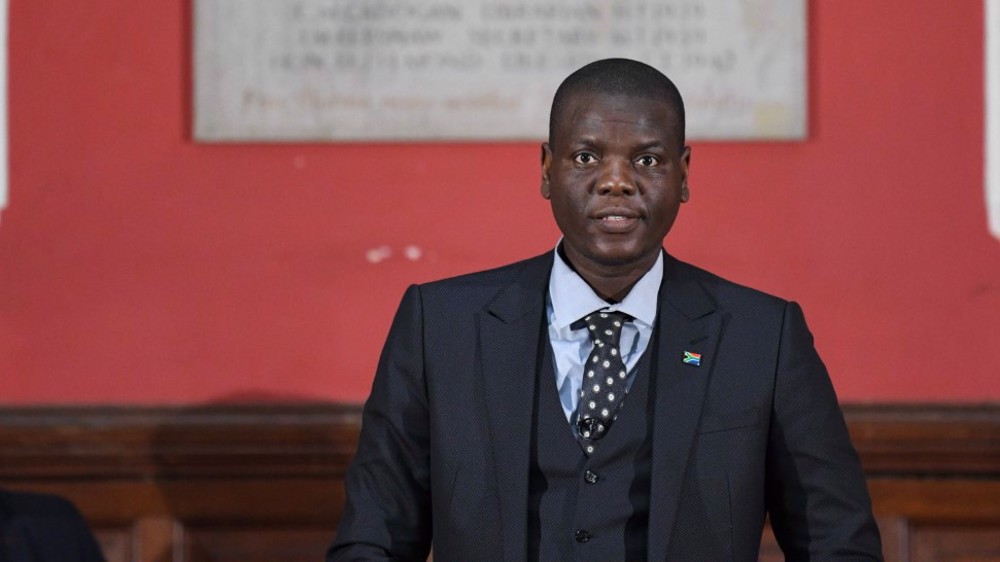
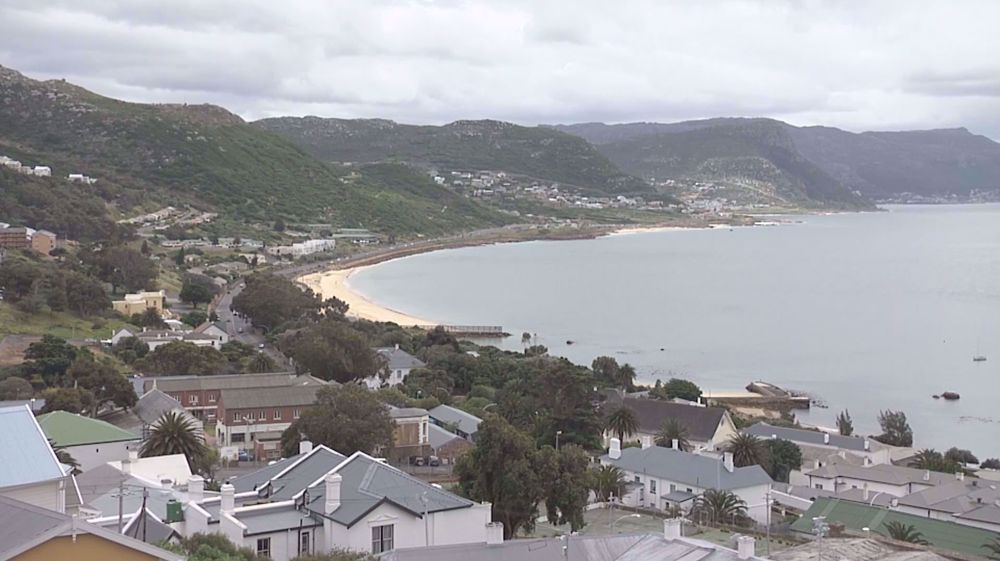
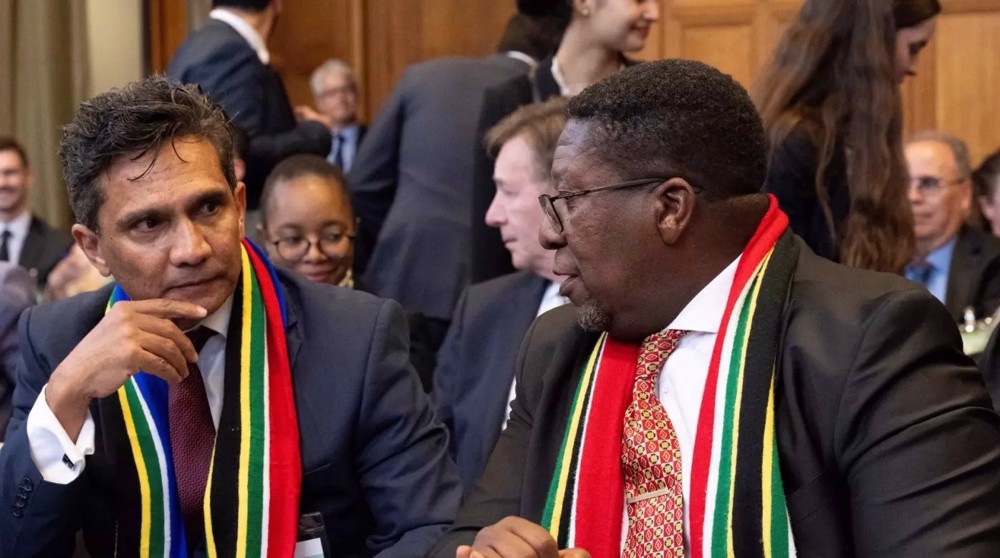
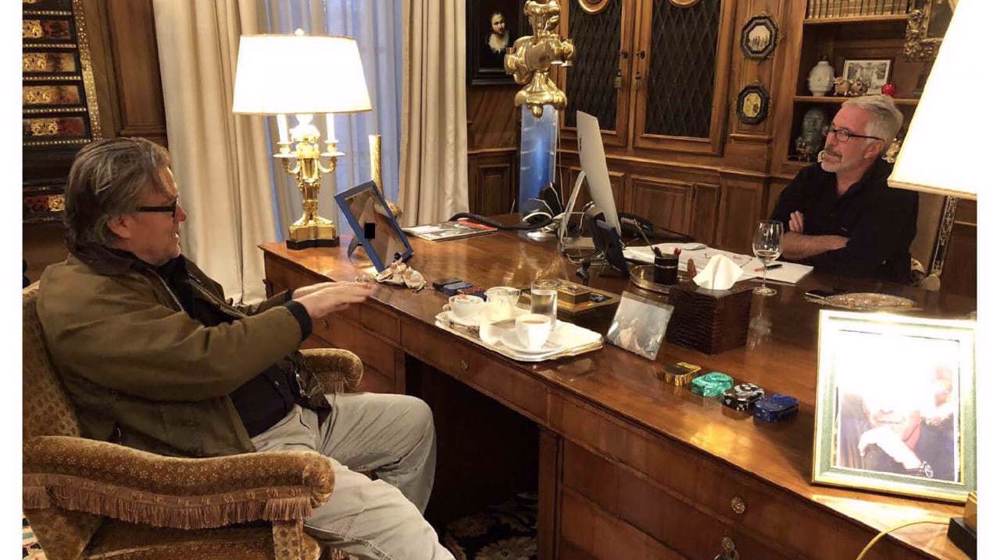
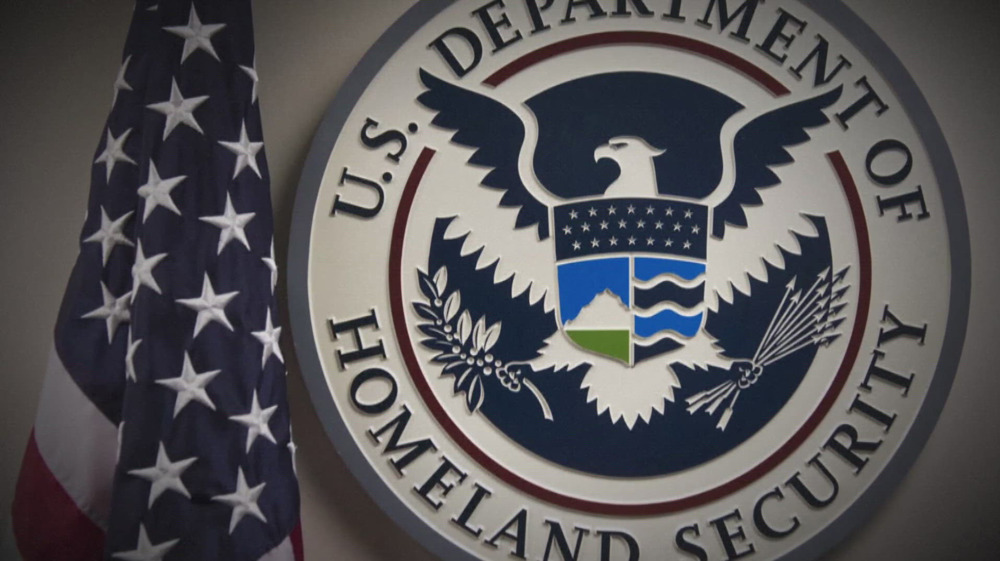
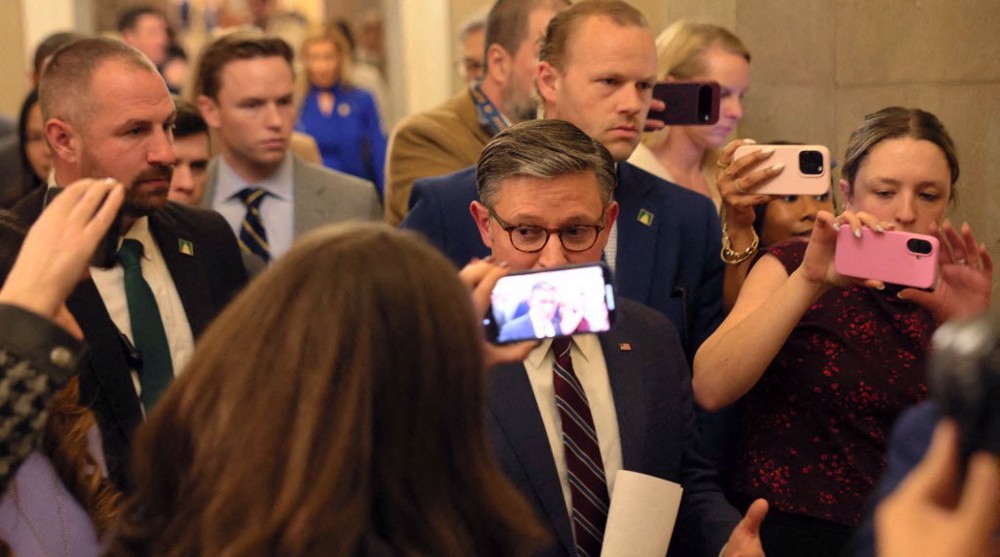



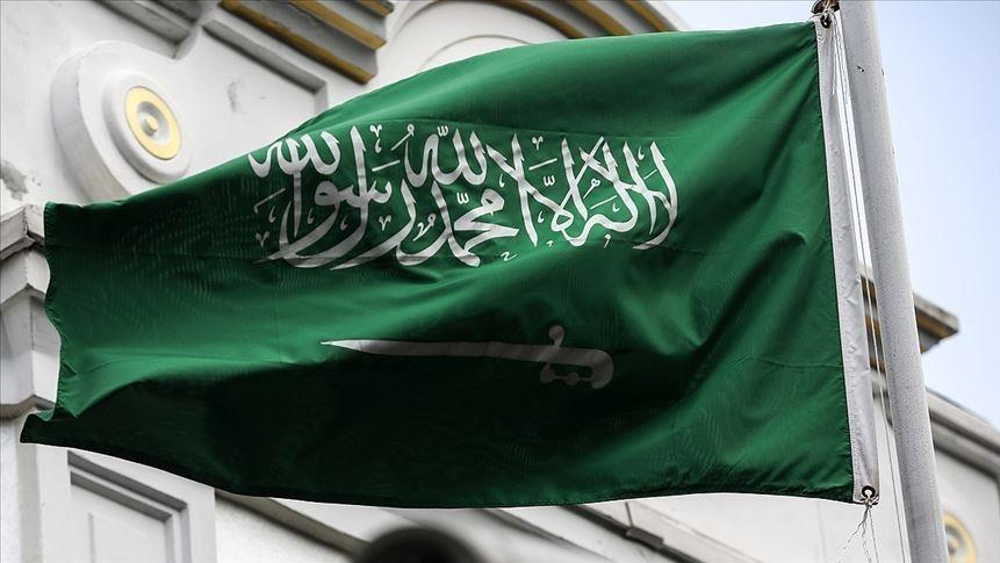

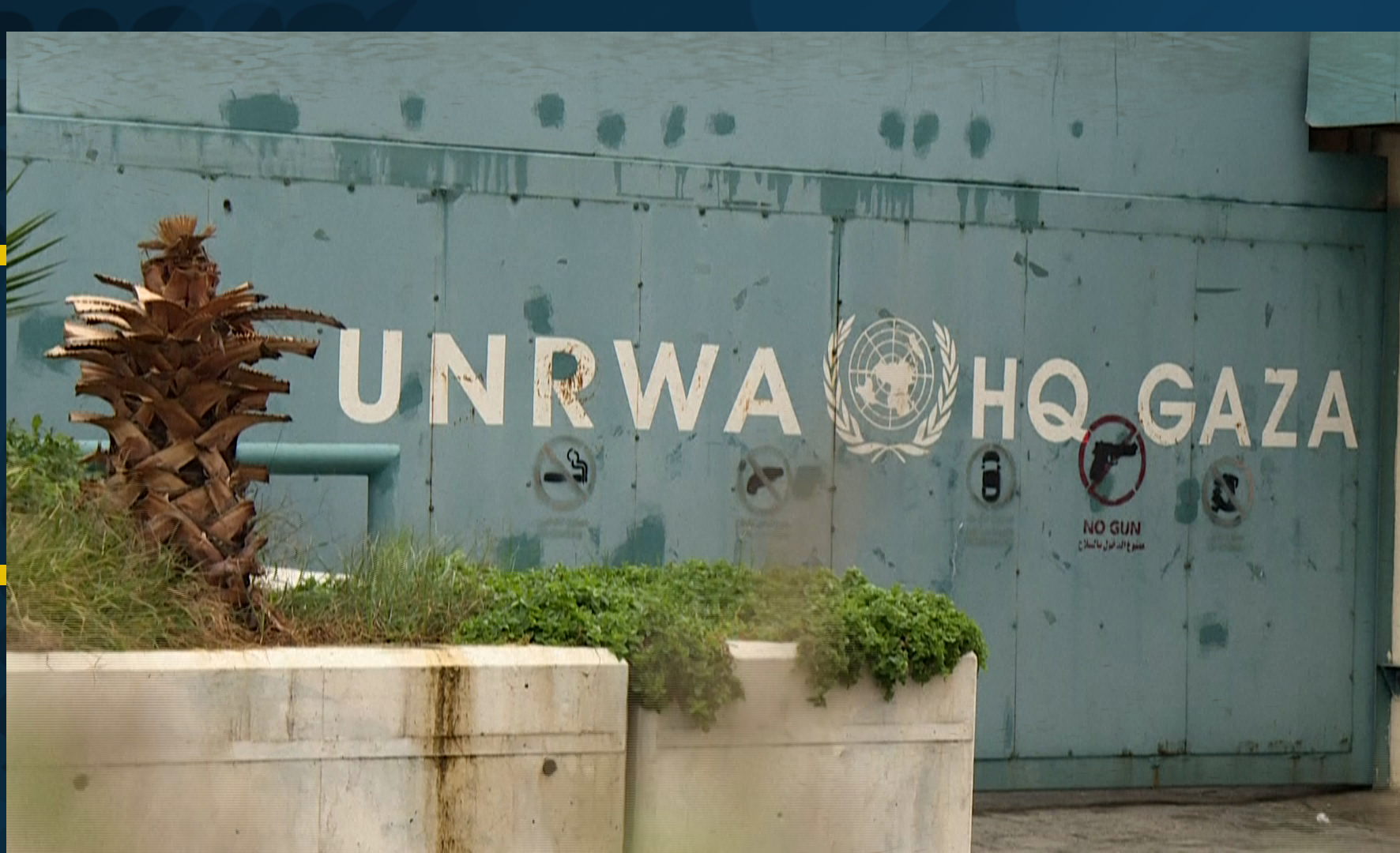
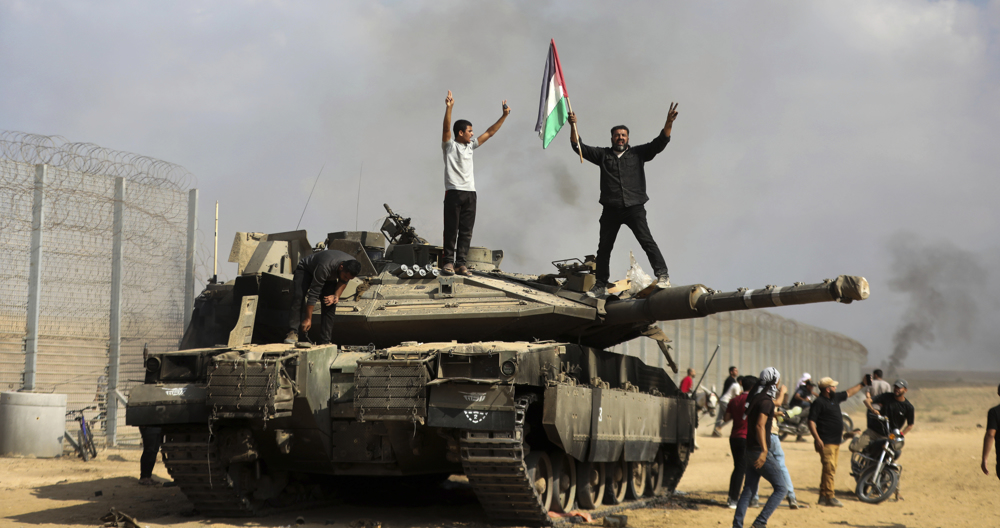

 This makes it easy to access the Press TV website
This makes it easy to access the Press TV website